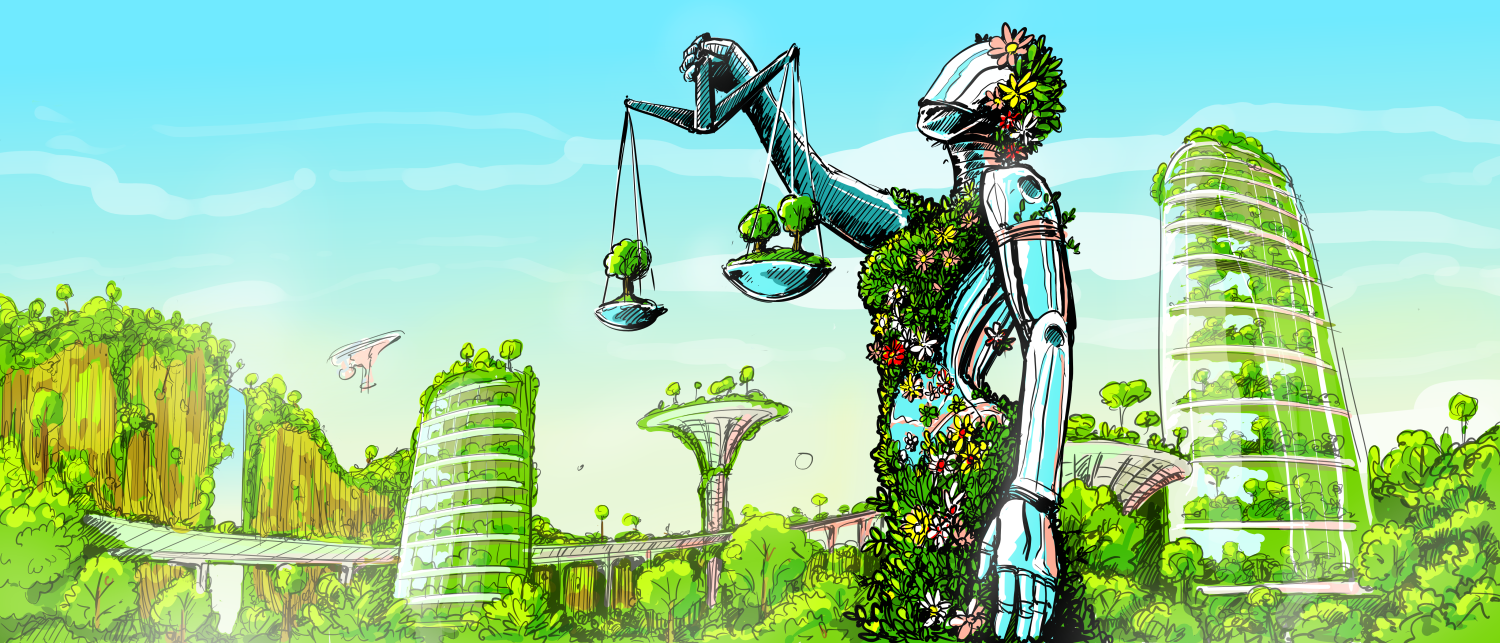https://github.com/gasp-xyz/mangata-node
Mangata :heart: Substrate
https://github.com/gasp-xyz/mangata-node
decentralized-exchange eigenlayer ethereum mangata mev miner-extractable-value miner-extracted-value rollup rollups rust substrate
Last synced: 8 months ago
JSON representation
Mangata :heart: Substrate
- Host: GitHub
- URL: https://github.com/gasp-xyz/mangata-node
- Owner: gasp-xyz
- License: unlicense
- Created: 2020-11-25T14:41:45.000Z (almost 5 years ago)
- Default Branch: develop
- Last Pushed: 2025-02-04T12:16:55.000Z (10 months ago)
- Last Synced: 2025-03-29T00:11:18.108Z (8 months ago)
- Topics: decentralized-exchange, eigenlayer, ethereum, mangata, mev, miner-extractable-value, miner-extracted-value, rollup, rollups, rust, substrate
- Language: Rust
- Homepage: https://mangata.finance
- Size: 137 MB
- Stars: 88
- Watchers: 13
- Forks: 45
- Open Issues: 21
-
Metadata Files:
- Readme: README.md
- License: LICENSE
Awesome Lists containing this project
README
Mangata Node
Omnichain zk-rollup for L1-grade native liquidity. Implementation includes MEV solution, Proof-of-Liquidity, gas-free swaps, algorithmic buy & burn, weight voting & liquidity gauges, time-incentivized liquidity provision, 3rd party incentives, and more.






## Description
Mangata operates as a cross-chain liquidity protocol, facilitating seamless transactions between Ethereum and various other blockchains through a omnichain zk-rollup Infrastructure. We leverage the power of ZK-rollup, a second-layer (L2) solution, to ensure universal connectivity with first-layer (L1) blockchains. Additionally, our decentralized exchange platform is designed to provide robust protection against Miner Extractable Value (MEV) and frontrunning attempts, thereby safeguarding the interests of our users.
## API
[Mangata API Docs](https://mangata-finance.notion.site/Mangata-API-Docs-06f68bc6ba004416ae5c6686163b0468)
## Build mangata-node locally
- Install [docker](https://docs.docker.com/engine/install/ubuntu/)
### Compile mangata-node binary and wasms artifacts
- use docker wrapper for cargo to build `mangata-node`
```
./docker-cargo.sh build --release -p mangata-node
```
build artifacts will be placed in `/docker-cargo/release`
### Run tests and generate code coverage report
Run unit tests only:
```bash
cargo test
```
Run unit tests and generate code coverage report in html format:
```bash
cargo install cargo-tarpaulin
cargo tarpaulin --timeout 120 --workspace -e runtime-integration-test mangata-node common-runtime mangata-kusama-runtime mangata-rococo-runtime --exclude-files **/mock.rs **/weights.rs **/weights/* --out Html
```
### Generate docker image
You can use `build-image.sh` script to build & generate docker image
```
./scripts/build-image.sh mangatasolutions/mangata-node:dev
```
or you can use already compiled build atributes generated in previous step
```
SKIP_BUILD=1 BUILD_DIR=./docker-cargo/release ./scripts/build-image.sh
```
This will generate new local docker image `mangatasolutions/mangata-node:dev`
## Run
In order to run mangata-parachain locally one need to set up both:
- local relay network
- local parachain network
Because of number of parameters is quite troublesome thats why we came up with dedicated dockerized environment.
### Set up network using parachain-launch
Dockerized setup requires you to build development docker image [mangatasolutions/mangata-node:dev](#generate-docker-image).
Start docker environment using, you need to
```bash
cd ./launch
yarn install
yarn gen
yarn up
```
once started, you can access nodes using port forwards
- [127.0.0.1:9944](https://polkadot.js.org/apps/?rpc=ws%3A%2F%2F127.0.0.1%3A9946#/explorer) - relaychain 1st collator
- [127.0.0.1:9945](https://polkadot.js.org/apps/?rpc=ws%3A%2F%2F127.0.0.1%3A9946#/explorer) - relaychain 2nd collator
- [127.0.0.1:9946](https://polkadot.js.org/apps/?rpc=ws%3A%2F%2F127.0.0.1%3A9946#/explorer) - parachain 1st collator
- [127.0.0.1:9947](https://polkadot.js.org/apps/?rpc=ws%3A%2F%2F127.0.0.1%3A9946#/explorer) - parachain 2nd collator
Docker setup can be stopped using
```bash
cd ./launch
yarn down
```
### Sudo access
`Alice` is set as sudo account for parachain-launch docker setup
## Mangata node configuration
There is number of chain configurations available for both development and production environements:
| chainspec (`--chain`) | Sudo | Description |
|-------------------------------|----------------|----------------------------------|
| `mangata-kusama` | ******* | production kusama public mainnet |
| `mangata-kusama-local` | Alice | development kusama local testnet |
| `mangata-rococo` | ******* | production rococo public testnet |
| `mangata-rococo-local` | Alice | development rococo local testnet |
